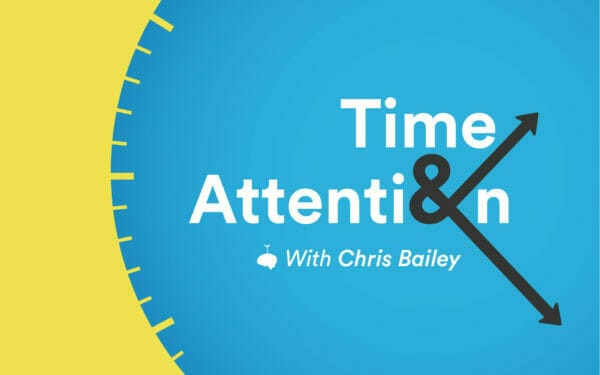
 Time and Attention
Time and Attention 138: Tactics That Haven’t Stuck
Oct 8, 2024
The hosts reflect on travel experiences, balancing personal connections with professional duties. They discuss the rise and fall of various productivity tactics, like Focusmate, and delve into morning journaling for mental clarity. Energy management takes center stage as they humorously navigate caffeine's role in productivity. The conversation emphasizes the experimental nature of habits and goals, encouraging listeners to adapt routines and overcome challenges for personal growth.
AI Snips
Chapters
Transcript
Episode notes
The Reality of Productivity Advice
- Following all productivity advice perfectly is unrealistic.
- Experts don't always adhere to their own advice due to life's complexities.
Morning Pages Experiment
- Lisa Bailey tried morning pages but found they didn't add value to her already established routine.
- Her existing journaling habit and morning routine provided similar benefits, making morning pages redundant.
Substitute Habits
- Consider if existing habits already provide the benefits of new ones you want to try.
- Different habits can achieve the same outcome; choose what works best for you.

